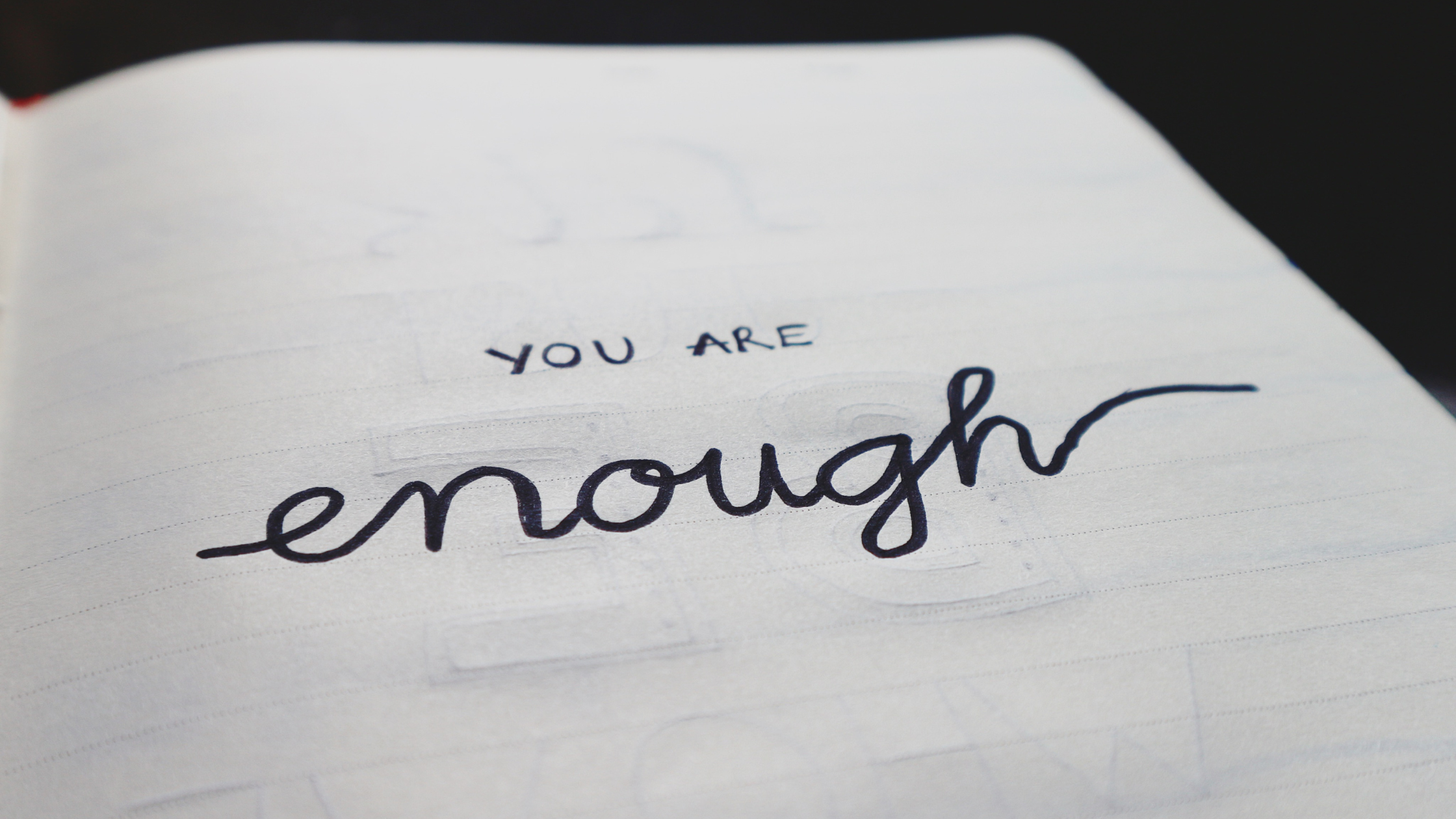
Rest In Recovery: A Manna Treatment Alumni's Perspective
A few months ago I did a personal study on "rest". I had become so exhausted that my body was forcing me to slow down. So I did. I allowed more time for sleep, but didn't feel rested. I allowed more time for playing and relaxing, but didn't feel rested. I was reading my bible and eating well. I had balance, but still no rest. There was a time in my past (in my eating disorder) when I thought I could "rest" by taking "breaks" from food. But that wasn't rest either, that was just numbing. Do you want to know where I finally found rest? I wrote to God about my need for rest. I told Him I wanted to rest, but didn't know how to anymore. My mind began to shift from everything going on around me to Him. I realized many of the things on my mind that I thought were important really weren't. And I felt RESTED!
In these past few months this is how I have found rest. Talking to God and keeping my eyes on Him so that I have a clearer vision of what is important and what is not. What is in my control and what is not. And it feels good. It's so light. Infact, I've noticed that when I don't rest in this way I become a bit prideful, bringing to the world my "it's all up to me attitude". Which is exhausting. Not to mention false. I believe we were created by our creator to need rest. I think rest is a humble act of worship and obedience.
- Manna Alumni







